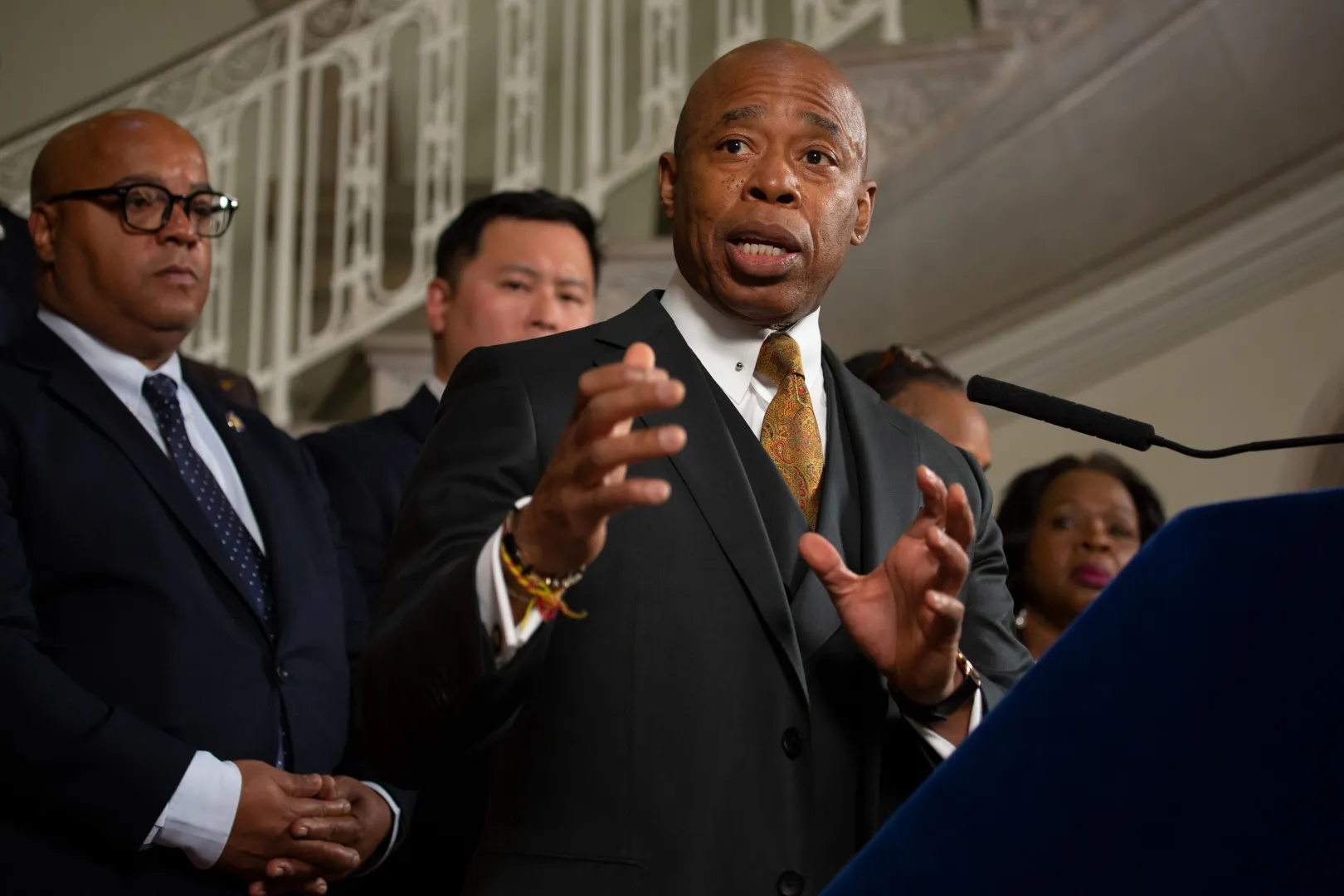Judge Delays Ruling on Adams’ Mental Health ‘Involuntary Removal’ Plan
Advocates for those with mental health issues requested a temporary stay on the new plan they say broadened the justification for forcibly detaining people. City lawyers say no one has been taken in yet.

 This article was originally published on by THE CITY.
This article was originally published on by THE CITY.
A federal judge Monday reserved judgment on a request to halt Mayor Eric Adams’ plan to expand the use of involuntary commitment for people having mental health crises.
Manhattan Federal Judge Paul Crotty postponed deciding on a request by lawyers and advocates for the mentally ill for a temporary restraining order that would have put the brakes on the mayor’s “Involuntary Removal Directive,” which went into effect Nov. 29.

Brooklyn Boro
View MoreNew York City’s most populous borough, Brooklyn, is home to nearly 2.6 million residents. If Brooklyn were an independent city it would be the fourth largest city in the United States. While Brooklyn has become the epitome of ‘cool and hip’ in recent years, for those that were born here, raised families here and improved communities over the years, Brooklyn has never been ‘uncool’.